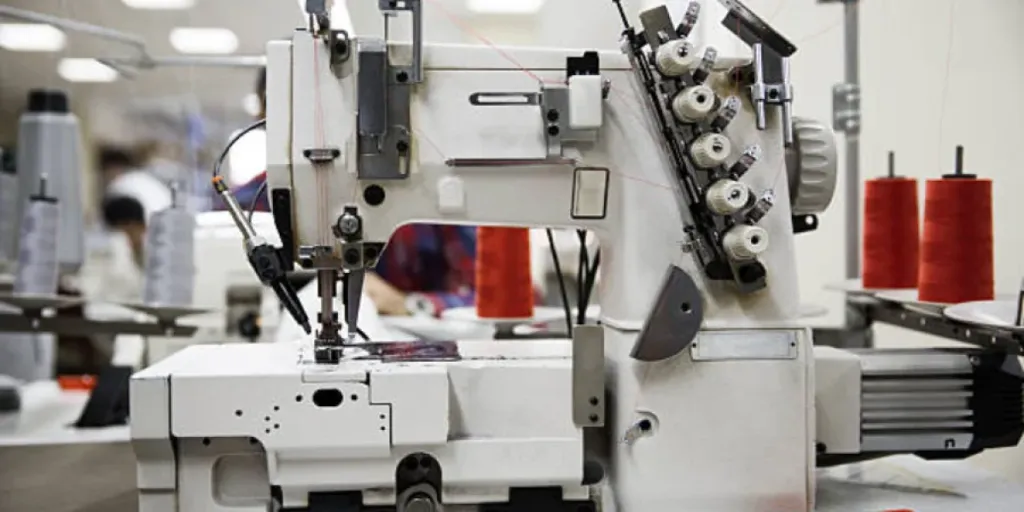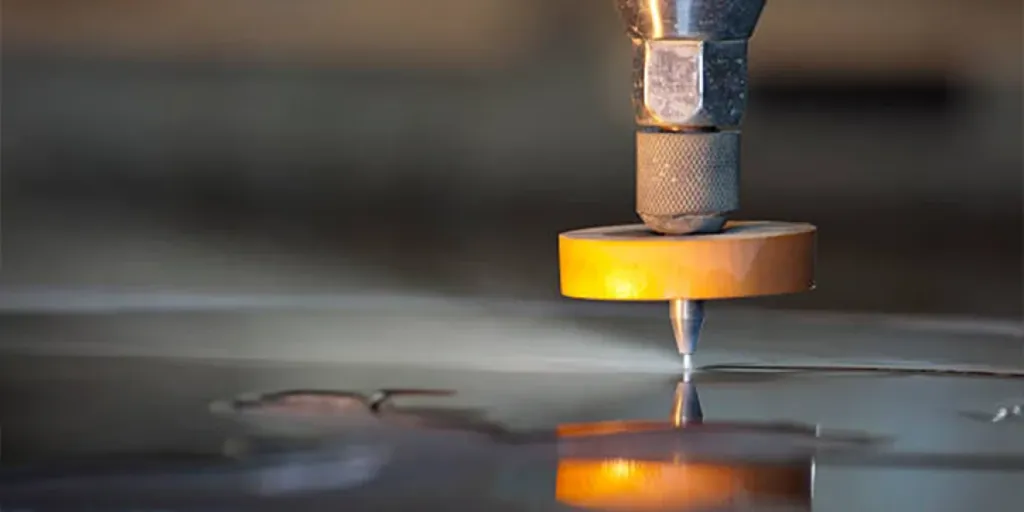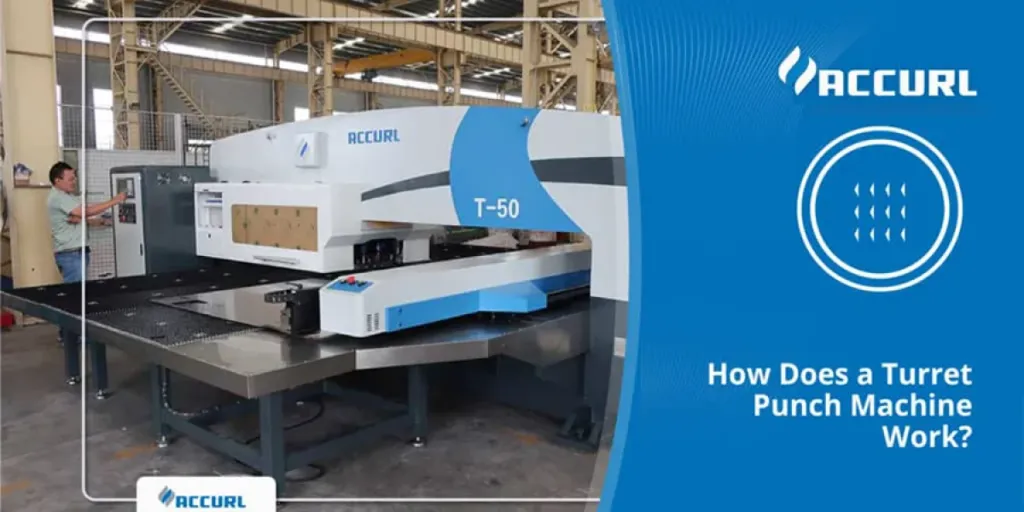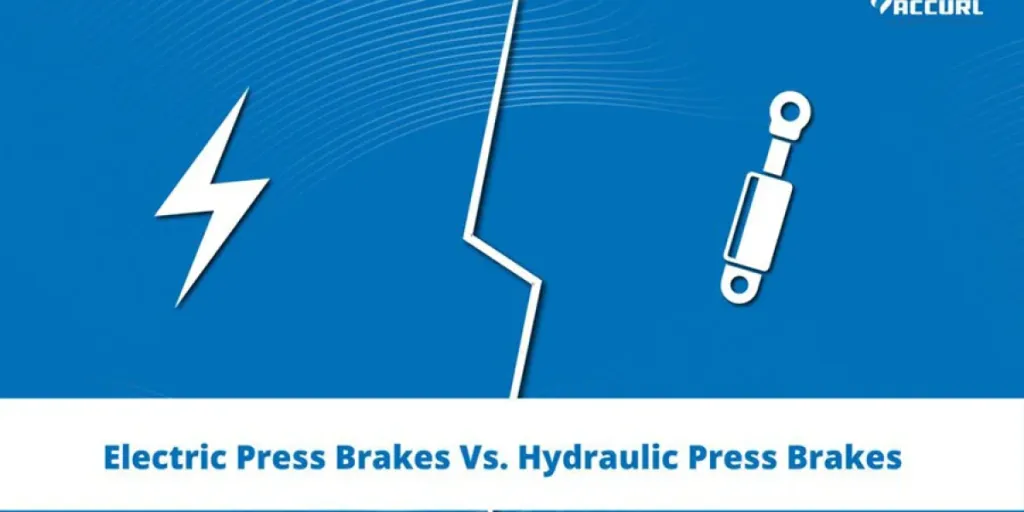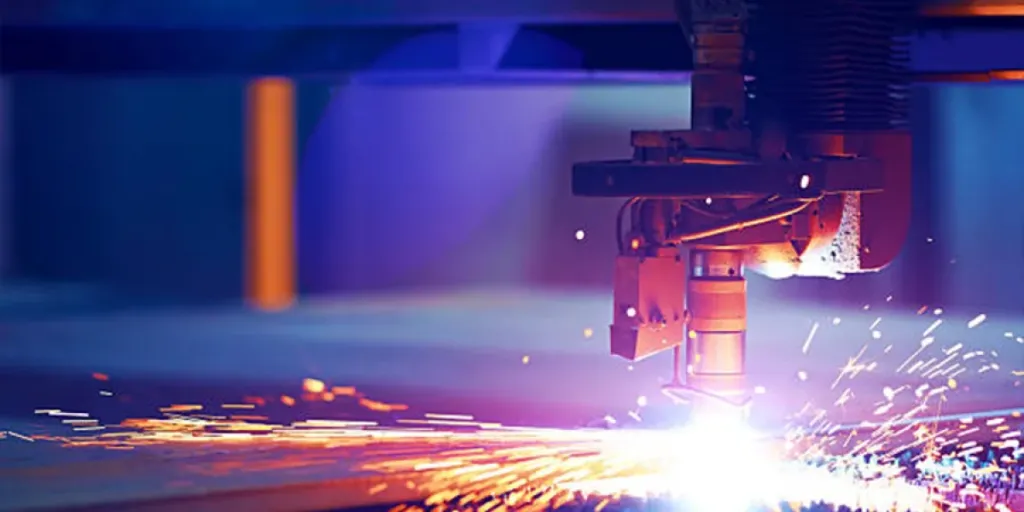It is important to know the right sewing machine needed for your sewing needs. Domestic and industrial sewing machines are used for the same purpose but have some differences. Before you decide on the right sewing machine to buy, ensure that you have full information on each.
In this article, we will dig deeper into the difference between domestic and industrial sewing machines. Additionally, we will look at what each of the sewing machines is best suited for.
Table of Contents
What is a domestic sewing machine?
What is an industrial sewing machine?
9 key differences between domestic and industrial sewing machines
Conclusion
What is a domestic sewing machine?
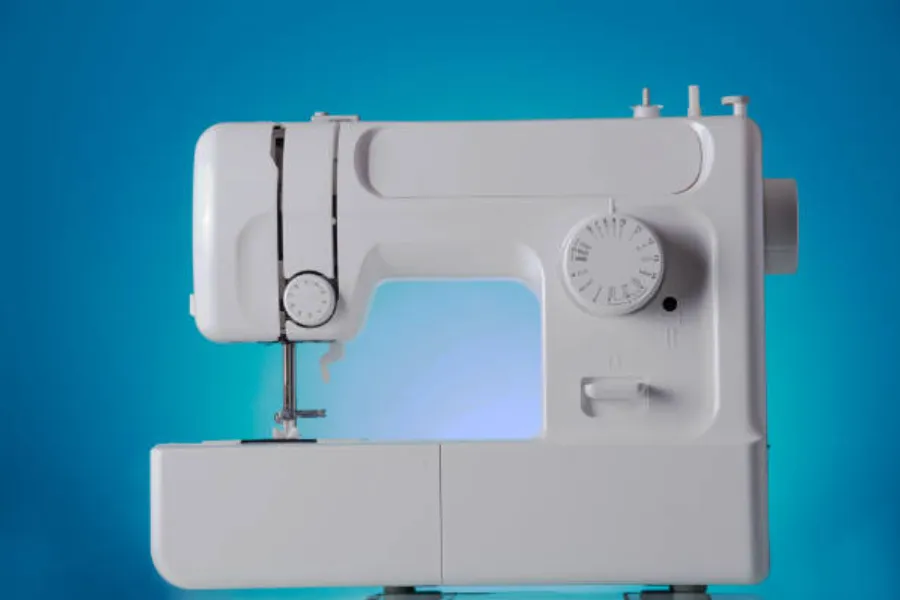
A domestic sewing machine is designed to be used by a home sewist. Home sewing machines are versatile and can perform a wide variety of projects done by sewing enthusiasts. The sewing tasks vary from one brand to another but the main advantage is the flexibility they offer.
These household machines can perform a variety of stitches which might not turn out as refined compared to industrial sewing machines. They accommodate light fabric types. The smaller motors enable the domestic sewing machines to operate for a few hours.
Pros:
- Lightweight, thus easily portable
- Can accommodate a variety of stitch options
- Easy to learn and use
- Reliable because it can perform smaller duties
Cons:
- Cannot perform heavy stitching tasks
- Has a short functioning period of about 2 to 4 hours
- Cannot sew heavier leathers and garments
- Has a lower speed compared to an industrial machine
What is an industrial sewing machine?
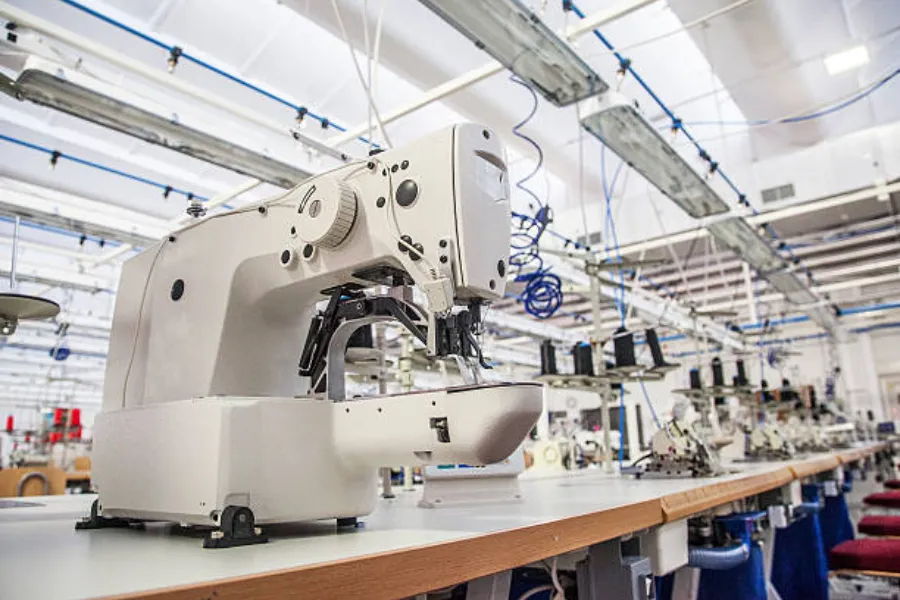
An industrial sewing machine is designed to offer higher productivity at higher speeds to meet the goals of mass production. Most of these machines are equipped with complex technology to enhance the stable production of the desired quality fabrics.
There are specific types of industrial sewing machines performing specific tasks. For instance, buttonhole machines are used to create buttonholes, bar tacking machines are used to reinforce fabric, and button sewing machines are used to attach buttons.
Industrial sewing machines have more robust external motors to run for longer hours, do repeatable high-speed tasks, and remain maintenance-free through bulk production.
Pros:
- Works fast as they can perform many tasks within a small time
- Can handle heavier duties and leather
Cons:
- Quite expensive due to the complex equipment
- Some machines are heavyweight and take up more space
9 key differences between domestic and industrial sewing machines
1. Usage
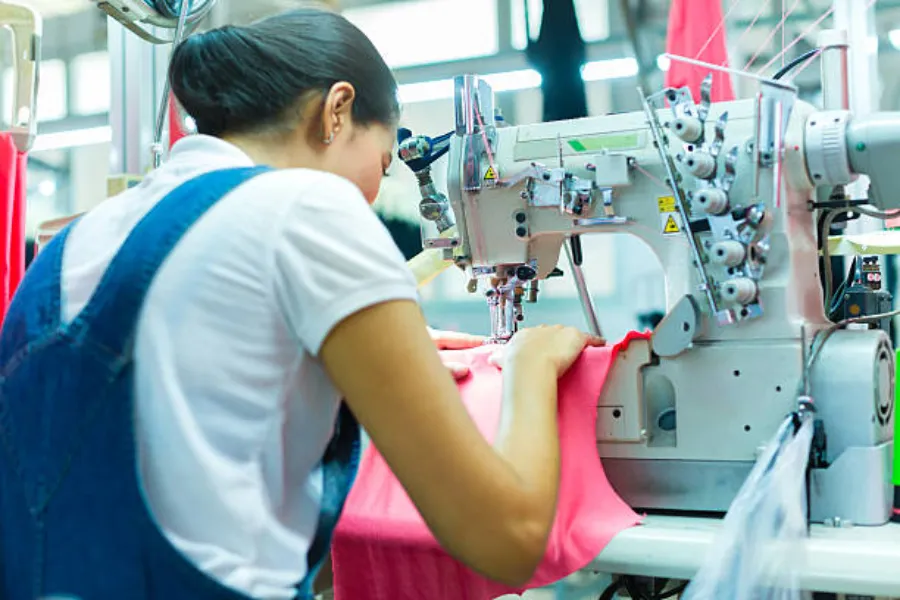
Domestic machines are designed to work for a couple of hours at a time. In this case, the operator can stop and start several projects easily. The user will constantly need to adjust the material, for instance, by removing pins during the stop-and-go method of working.
Whilst, industrial sewing machines are meant for heavier-duty workloads. They run for longer hours and deal with more intense projects compared to domestic sewing machines. The tasks are usually for commercial purposes.
2. Materials used
Industrial sewing machines are designed to handle a larger scale of material. They are suitable for working with heavy-duty and thicker materials for longer periods. These kinds of materials require durable and more powerful machines and can be handled by more workers.
On the other hand, a domestic machine is created to be handled by fewer workers. They are incredibly flexible to manage light materials that need repairing and adapting within the households.
3. Components
As industrial sewing machines withstand long hours of running, they contain costly and hefty components to support the tasks. The huge motors, rods, and other mechanical parts give the machines the power and capability to handle heavy-duty tasks.
Whereas domestic machines have more compact and smaller motors to provide enough power through shorter tasks. Therefore, domestic sewing machines are lighter, smaller, and easier to store if they are not in use compared to industrial sewing machines.
4. Cost
The vast range of domestic sewing machines gives room for extended options at different prices. Nonetheless, they are relatively cheap. Industrial sewing machines are available in a wide variety but are limited compared to domestic ones.
A buyer needs significant initial investment and operational costs for industrial machines. They are more durable, rugged, and have better stitching quality.
5. Performance and reliability
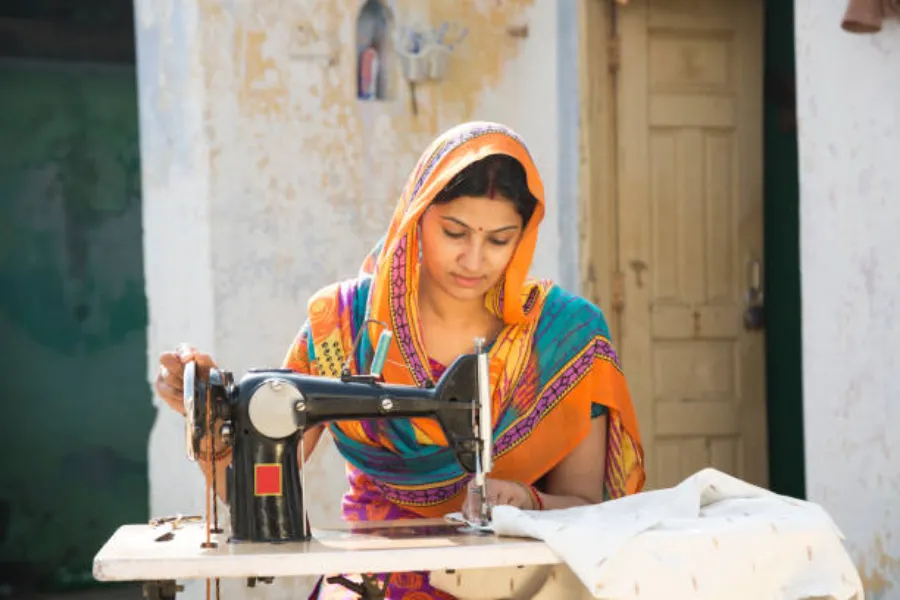
The performance reliability of domestic sewing machines is quite limited. They contain various versatile sewing options. A buyer can sew, embroider, or quilt from this ordinary sewing machine.
However, industrial sewing machines can sew heavy garments, create specific stitches, and make complicated crafts with high performance and maximum reliability. Additionally, to maintain machine productivity and reliability, they need proper oiling and cleaning of component parts.
6. Portability
Domestic sewing machines are easily portable due to their compact nature. They are designed in a way that they can be carried from one place to another. Most of these machines weigh about 25 lbs or less, while industrial machines are large and mostly fixed on a table.
They are cumbersome as they cannot be moved from place to place; thus not a good choice for portability. Most industrial sewing machines are designed to work from a fixed station.
7. Type of needles
The shape of the needle used on industrial sewing machines is different from the normal one. A notable difference is the round body of the shank. The needle is rather difficult to install and requires much care. Whereas, the needle on a domestic sewing machine has a flat-shaped shank at the back. They are designed to handle small jobs on lighter garments.
8. Type of thread
Industrial sewing machines use specific types of threads due to their single-purpose use. Commercial yarns like polyester, monofilament, and bonded nylon are used on these machines to meet the daily production goals.
On the other hand are domestic sewing machines which are versatile and use different types of threads. The threads are used according to the sewing requirements. For instance, a buyer intending to sew pieces of denim will use heavy thread. Durability and stitching strength are determined by the type of thread.
9. Speed
Domestic sewing machines are slower than industrial sewing machines. As such, industrial machines take less time to accomplish many tasks compared to ordinary sewing machines. Most household sewing machines sew around 650 to 1,000 stitches per minute. The speed of industrial machines range from 1,000 to 5,000 stitches per minute.
Conclusion
Buyers who intend to purchase sewing machines for longer working hours and commercial purposes should consider industrial sewing machinery. They will need more space and higher maintenance costs.
Whereas those who want sewing machines for light work within a few hours should opt for domestic ones. Both machines are suited to their tasks and buyers should make a choice based on their sewing needs. To find quality sewing machinery, visit Alibaba.com.
